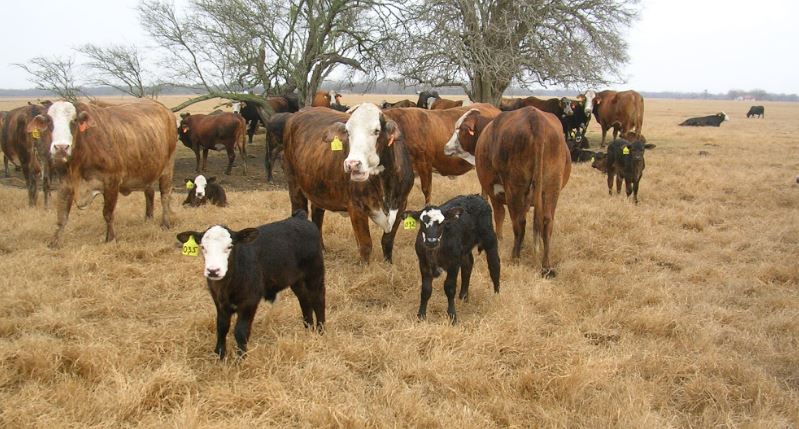Texas Grazing Leases Values
Just as there are many factors that determine the value of a piece of property, there are many variables that affect the price of grazing leases in Texas. The need to establish equitable grazing rates for livestock grazing programs is a common issue for landowners and livestock producers alike.
Whether it is a cow/calf operation on grass pasture or stocker cattle, rental rates are determined by the same general economic principles as the other types of leasing and rental arrangements found in competitive markets.
Market Rate for a Grazing Lease
The first method to establish a grazing rate for a specific grazing system on a particular property is to use the current market rate. For example, if a landowner in the Hill Country of Texas wanted to monetize a pasture, he or she could look at the rates charged on similar pastures in the region for a defined period of time.
Additionally, property owners can adjust these reported grazing lease rates based on sit-specific factors, such as stocking capacity, grass quality and other on-site amenities.

Alternative Grazing Lease System
Another competitive market approach for grazing leases is to use an alternative grazing system as a proxy to estimate potential grazing rates. A dry lot feeding program is the standard of comparison for cattle. The performance of cattle and thus the cost of a dry lot program will likely be higher than that of grazing systems.
Consequently, the cost of a dry lot feeding program can be used as an upper bound in determining grazing lease rates for other properties. Since cattle will likely not perform as well in other systems, grazing costs should also be expected to be lower.
Cost-Revenue Approach for Grazing Lease Values
Another method to approximate grazing leases in Texas is to calculate a grazing rate based on the principle that costs equal revenue. These method can be used as a starting point for grazing lease rate negotiations. With this method, grazing rates are calculated based on the landowner’s cost of owning the land being grazed.
The revenue generated from renting the pasture would equal the cost of owning the pasture. Effectively, the landowner’s cost basis treats the tenants return as a residual, with all returns above costs associated with the cattle and grass program accruing to the tenant.
Because the calculated grazing lease rates are based on current production, cost, and price information, it is important that these factors be projected as accurately as possible. Underestimating costs or overestimating selling price and/or animal performance could cause a cattle owner to pay rent that is higher than he or she could afford given a particular profit target.
Conversely, overestimating costs or underestimating selling price and/or animal performance could reduce the rent owed to the landowner. Either case could result in an inequitable grazing lease.
Grazing Lease Considerations
There are several grazing rate pricing methods available to land and cattle owners and land consulting companies. The risk involved with each of these methods will vary for each party. Cattle owners, or tenants, will incur more risk if they pay a flat rate on a per head or per acre, basis. Under these types of pricing methods, cattle owners face all the production and price risk inherent in cattle production.
The risks landowners face is that tenants will default on payments and that tenants will overgraze and damage the land. If grazing lease rates are priced on a gain basis, the landowner incurs part of the production risk along with the tenant. The best fitting pricing method will depend on the risk aversion and amount of service provided by each party. No single pricing method is best for everyone.
In closing, like hunting leases, grazing lease rental rates in Texas can vary from property to property depending on a number of factors. Grazing lease administration can be quite complicated for landowners unfamiliar with livestock production and sound land management. If you own property and are looking to develop additional revenue through grazing leases, but are unsure about how to handle the situation, contact or land consulting service and we will help you in any way that we can.